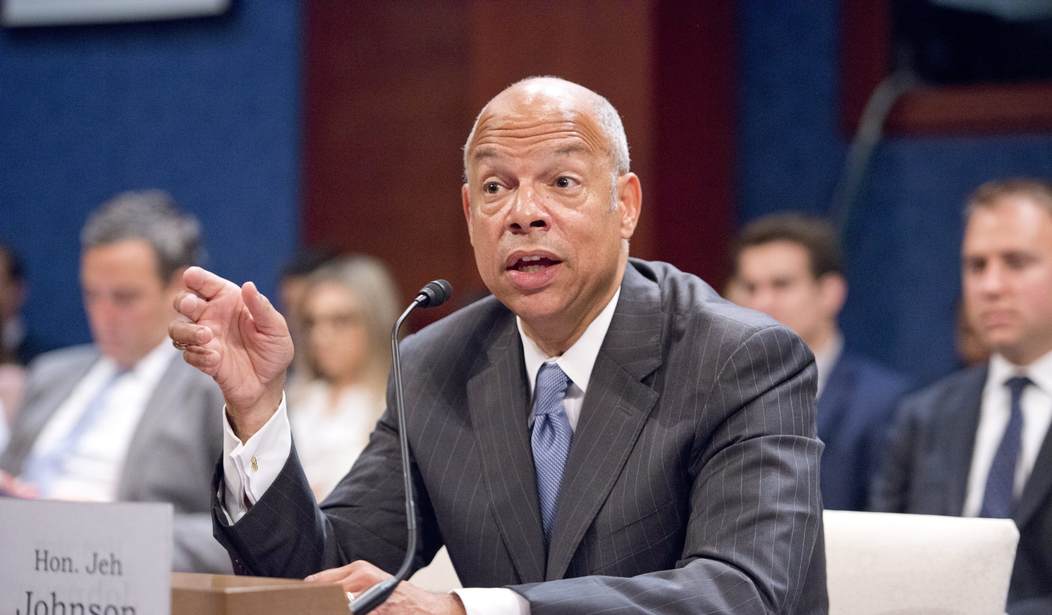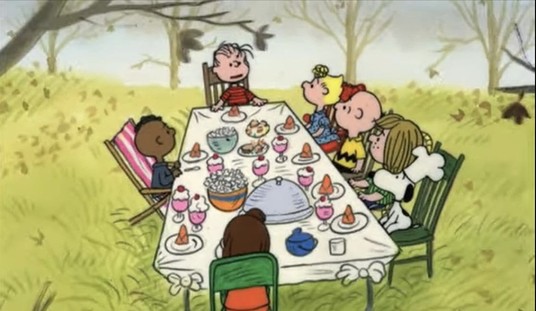WASHINGTON – Addressing security concerns about the U.S. election system, former Homeland Security Secretary Jeh Johnson said any form of foreign intervention in the 2018 midterm elections would not “surprise” him.
“Nothing would surprise me at this point. Nothing would surprise me in terms of the full extent to which a nation-state, a foreign government, can and will go to try to influence our domestic politics,” Johnson said during a discussion on “Election Security in 50 States: Defending America’s Elections” at the Center for American Progress on Monday.
Johnson urged the American people to hold their local and state election officials “accountable” for the security of the electoral system. NBC News recently reported that Russian hackers infiltrated voter registration systems during the last election cycle.
“We saw a targeting of 21 states and an exceptionally small number of them were actually successfully penetrated,” said Jeanette Manfra, the head of cybersecurity at the Department of Homeland Security, during a recent interview with NBC News.
Johnson said that story is old news but foreign interference in U.S. voting systems remains a threat.
“That is not new news. I said in a public statement Oct. 1, 2016, that the Russians had actually gained access to several voter registration databases and that, for the reasons reflected in this report, is a direct threat to our democracy because, and this was my fear in 2016, a voter could show up, ‘I’m sorry, your name is not here. You’re not registered to vote,’ simply by altering a few letters in a name or deleting a list or something,” he said.
Johnson also said a series of hacks could influence the outcome of U.S. national elections since the presidential election typically “comes down to five or six swing states” in the Electoral College.
“The election outcome for president dances on the head of a pin, and if you can target key precincts in swing states and influence the outcome there you can influence the national outcome of a presidential election,” he explained. “The writers of the show ‘House of Cards’ figured that out last season, so I think a whole lot of other people could do the same.”
The Internet Research Agency, a Russian troll farm, was responsible for a Facebook campaign during the last presidential election. Reacting to troll farms taking out online ads designed to influence U.S. elections, Johnson said the American people have to be more “skeptical” about what they are reading and seeing online.
“Far too many people view with great skepticism and suspicion their government and what their government is doing. People are naturally suspicious of government power and far too many people, when certain politicians – not mentioning any names – say certain things, are prepared to just accept what he said about the FBI or the Department of Justice,” Johnson said, alluding to President Trump’s recent criticism of federal law enforcement.
“In these efforts that include efforts by Russian platforms to inject themselves into the information marketplace or in our politics, I think we need to be more skeptical of what we are hearing and seeing,” he added.
Johnson said the U.S. is not going to be able to prevent every cyber attack, but the government should take additional steps to protect the nation.
“You cannot prevent all cyber attacks on our nation. It’s like trying to catch raindrops. You’re on defense. You’re the goalie in hockey,” he said. “You cannot prevent all attacks, but what you can do is make behavior by nation-states cost prohibitive so they recognize it is not worth the cost to do this again – and I’m afraid the United States government has yet to do that.”
“The Russian government has been given very little disincentive to repeat what they did in 2016 at this point,” Johnson added.









Join the conversation as a VIP Member